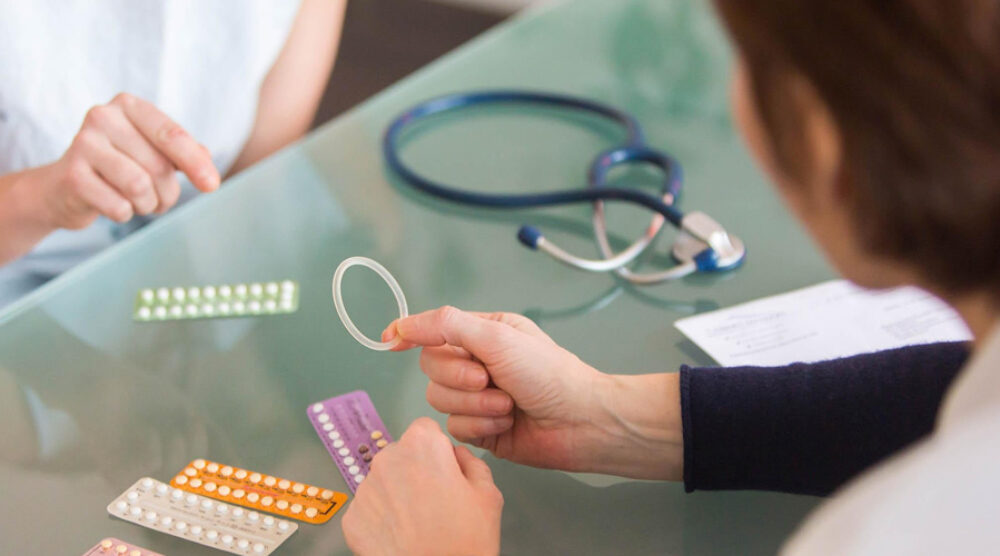Prescription limits on contraceptives, closures of specialist sexual and reproductive health clinics, halts on comprehensive sexual education, and tightened access to safe abortion. Each of these phenomena occurs in times of health crises and states of emergency, and each is happening in the world right now in response to Covid-19. What is not widely known, however, is that each is also driven by political choices made by governments.
In response to the current pandemic, the United Nations Population Fund (UNFPA) has recommended that states adopt three strategic priorities: provision of personal protective equipment (PPE) to sexual and reproductive health care workers so clinics can remain open; continuation of services for gender-based violence as a first response health measure (to supply morning-after pills and treatment of STDs); and prioritising of contraceptive and reproductive health supplies. In short, the UNFPA is asking states to help sexual and reproductive clinics remain open and ensure that they are safe, legal spaces for women to access.
The International Planned Parenthood Federation (IPPF) has conducted a survey with its national members on the impact of Covid-19. Their findings show that states are already failing to meet the UNFPA priorities. Across 64 countries, thousands of static and mobile clinics and community-based care outlets have already closed as a result of the pandemic. Shortages of contraceptive supplies, scaled-down prioritisation of HIV testing, reduced access to abortion care, and lockdown restrictions have all had a collective effect.
Please click here to read the full “Governments, not pandemics, stop access to reproductive health” article published at The Interpreter written by Griffith Asia Institute Researcher, Sara E Davies.








